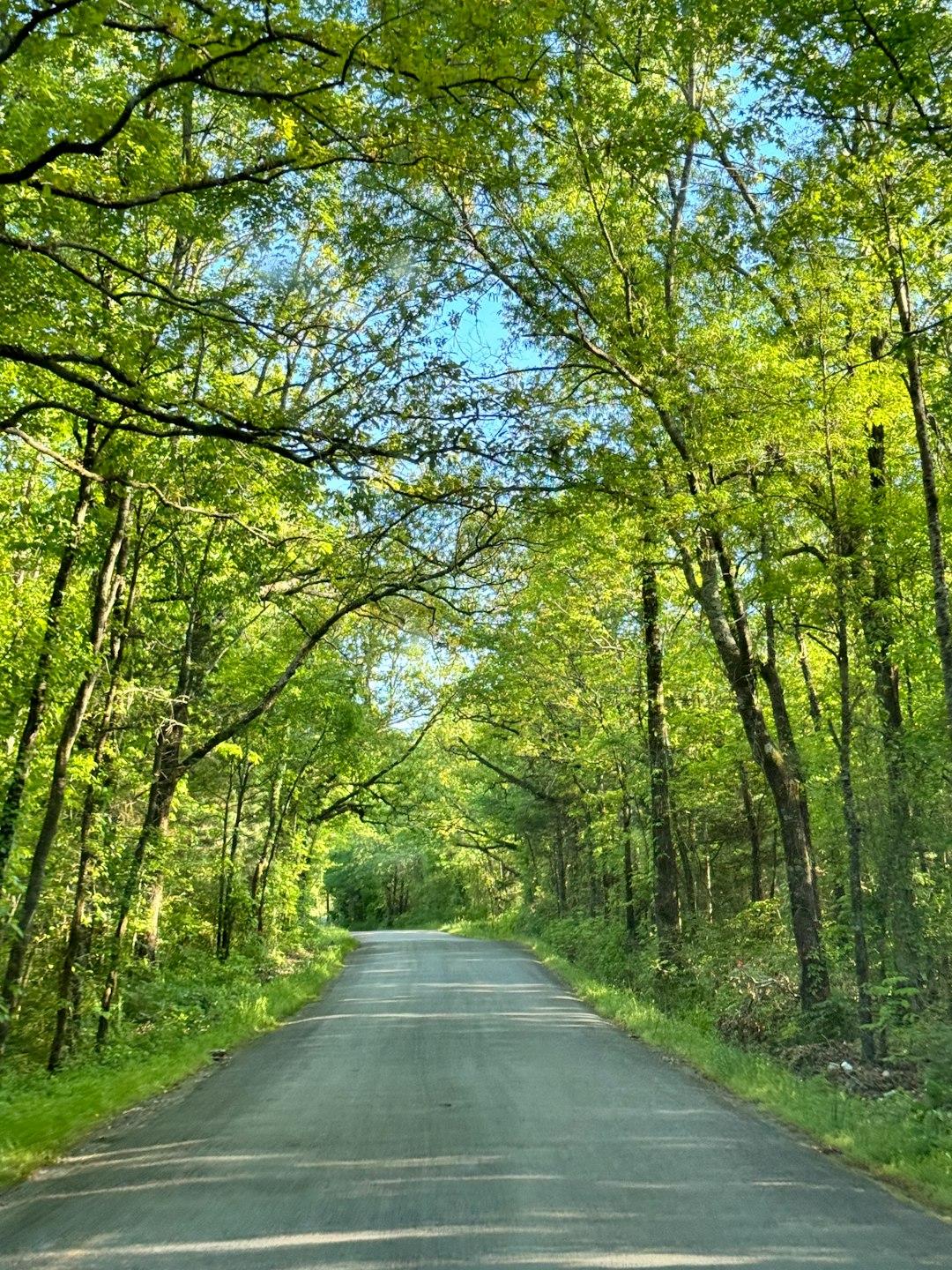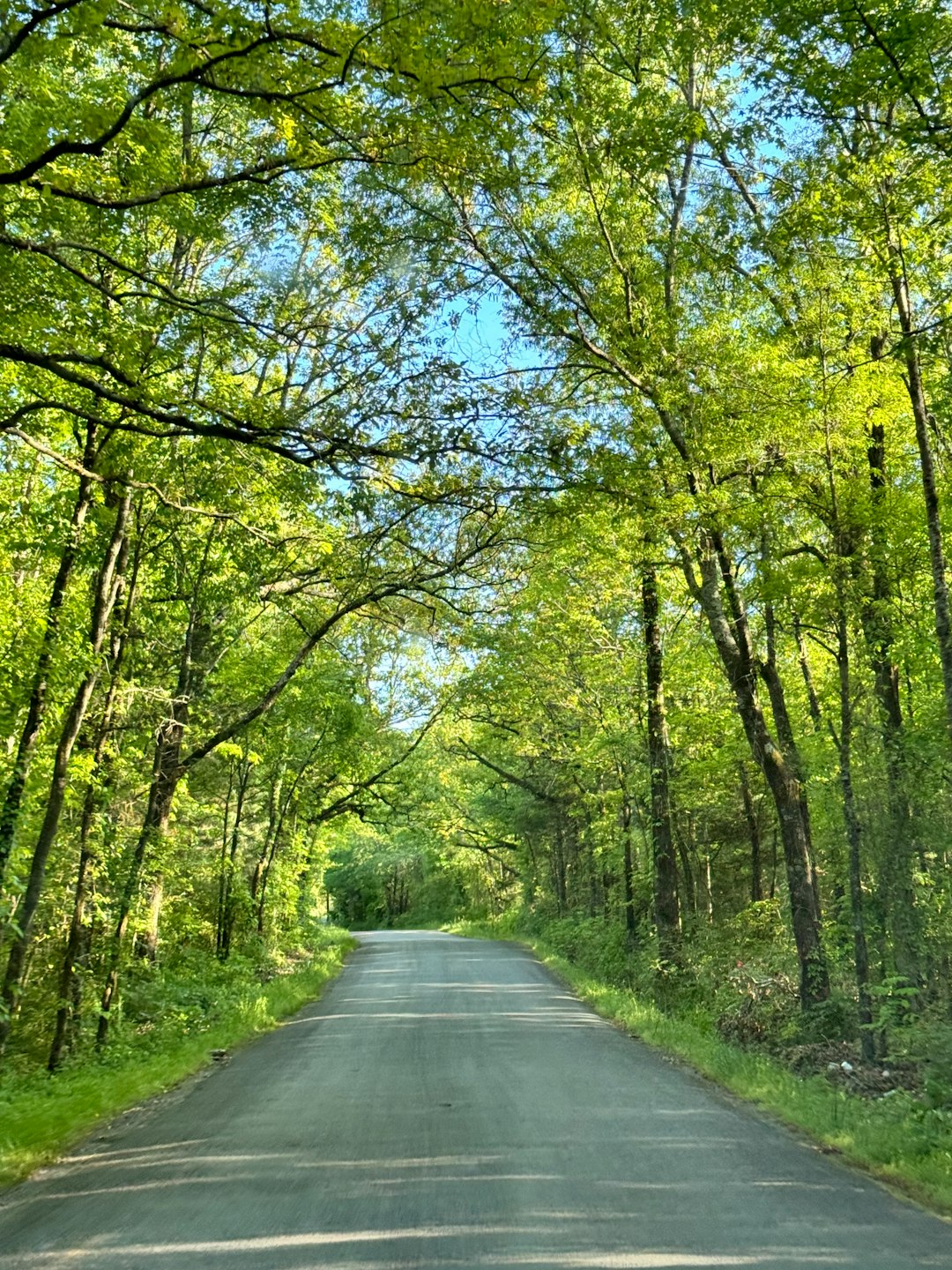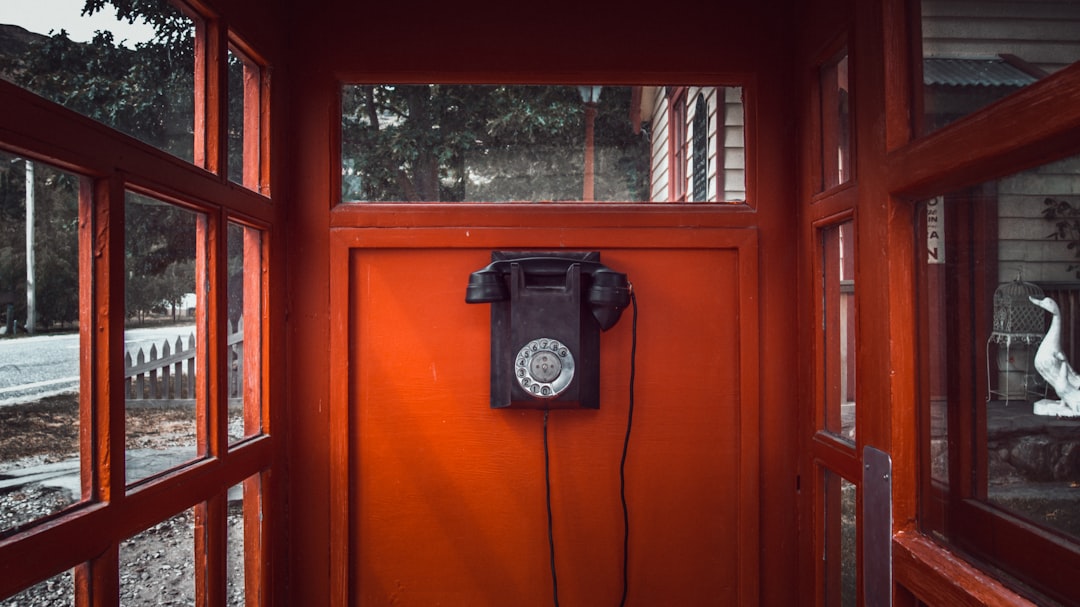In Fayetteville, Arkansas, unwanted phone calls from telemarketers and do not call law firms are a growing community concern. Despite registering on national do-not-call lists, residents still face relentless robocalls, causing stress and privacy issues. This text emphasizes the need for consumer education initiatives to empower Arkansans with knowledge about their rights, including understanding state Do Not Call laws and seeking legal help from do not call lawyers. By raising awareness and teaching effective communication, these programs aim to reduce unwanted telemarketing, ensuring residents' peace of mind and privacy.
In Fayetteville, Arkansas, unwanted phone calls from telemarketers have become a growing concern. This article explores consumer education initiatives designed to alleviate this issue. We delve into the problem of excessive calls, highlighting their impact on residents’ lives. Then, we present effective solutions, focusing on empowering Arkansans through knowledge. From community workshops to online resources, these strategies aim to enhance awareness about Do-Not-Call programs and protect individuals from intrusive marketing calls. Discover how legal expertise, including that of local do not call lawyers and attorneys, is integral to these efforts.
Understanding the Problem: Unwanted Phone Calls in Fayetteville, Arkansas

In Fayetteville, Arkansas, the issue of unwanted phone calls has become a persistent problem affecting residents’ daily lives. With an increasing number of telemarketing calls, robocalls, and cold sales pitches, many citizens are left feeling harassed and frustrated. These relentless calls disrupt personal time, cause stress, and can even be a safety concern for those who receive them at inappropriate hours. The volume and frequency of these unwanted interactions have prompted a growing demand for effective solutions to curb this nuisance.
The problem extends beyond individual inconvenience; it has significant implications on the community’s overall well-being. Unwanted calls from law firms, particularly those offering legal services related to “do not call” regulations, can be especially troubling. Many residents find themselves deluged with marketing calls from do not call lawyer or do not call attorney firms, even after registering on national do-not-call lists. This highlights the need for comprehensive consumer education initiatives that teach residents about their rights and available tools to combat excessive phone solicitations, including hiring a lawyer for do not call Arkansas to explore legal remedies.
Consumer Education as a Solution: Empowering Residents to Protect Themselves

Consumer education plays a pivotal role in empowering Fayetteville residents to protect themselves from unwanted phone calls, particularly those from law firms and attorneys promoting their services. By providing clear, concise information about the Do Not Call laws in Arkansas, consumers can take proactive measures to stop unsolicited legal calls. Educating folks on how to register for the state’s official Do Not Call registry is a key step; this simple action significantly reduces the volume of unwanted advertisements and legal inquiries.
Moreover, consumer education initiatives can help residents understand their rights and the consequences of ignoring or engaging with these calls. Many people are unaware that persistent or deceptive telemarketing practices can lead to legal repercussions, including fines. By learning about their protections, Arkansas residents can assertively refuse calls from law firms and attorneys, ensuring their peace of mind and privacy.
Key Initiatives and Strategies for Implementing Do-Not-Call Programs

In Fayetteville, consumer education initiatives have been a key strategy in combating unwanted calls. These programs aim to empower residents with knowledge about their rights and options regarding telemarketing practices. One primary initiative involves raising awareness about the National Do-Not-Call Registry, ensuring Arkansans understand how to register their phone numbers to stop most telemarketing calls. Local partnerships between consumer protection agencies and do not call lawyer firms play a vital role in educating citizens on legal protections available against persistent or abusive calling practices.
Additionally, community workshops are organized to teach effective communication techniques when dealing with unwanted callers. These sessions provide practical tips for assertively declining calls and setting boundaries. Local law enforcement also collaborates by offering resources and support for individuals facing harassment or relentless calls. With the help of these initiatives, Fayetteville residents can take proactive measures against intrusive telemarketing, leveraging legal tools like do not call attorneys and do not call law firms to protect their peace and privacy.
The Impact and Future of Consumer Education in Reducing Telemarketers' Calls

Consumer education initiatives play a pivotal role in empowering individuals to take control of their privacy and reduce unwanted telemarketing calls. By educating folks on the laws and tools available, such as Do Not Call lists, they can better protect themselves from relentless sales pitches. These efforts have already shown positive results in Fayetteville, leading to a noticeable decline in unsolicited calls.
Looking ahead, the future of consumer education holds immense potential to further mitigate the issue. With ongoing awareness campaigns and technological advancements, consumers in Arkansas can expect more efficient methods to block unwanted calls from both telemarketers and law firms. A well-informed public is key to maintaining a peaceful and less disruptive communication environment.






